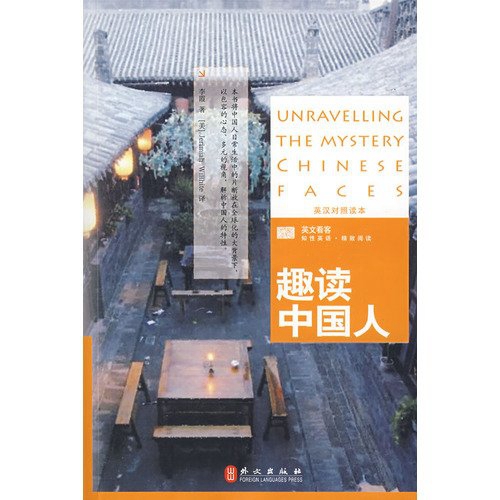A translator finds inspiration to overcome language barrier
By Mei Jia | China Daily | Updated: 2020-03-25 15:42

Words have meaning but the trouble facing translators is that the same word can mean different things. Translation is not just about transporting one word into another language, it is about the essence, the context of the moment.
American translator Jerimiah Willhite knows about essence and context.
"Forget your fate! I'm the master of my own fate! I'm the one who decides if I'm an immortal or demon!" Willhite translated these widely circulated lines from the animated film, Ne Zha. Based on a legend about the self-awakening of a naughty boy, it was China's second highest-grossing movie in history, with box-office takings of 5 billion yuan ($706 million). Its English subtitled version for North America theaters was released in August. The dubbed version came out in February.
The 32-year-old Seattle-based translator says that he had fun working with the film's subtitles and screenplay. Dealing with a typical chanted charm from a Taoist master, of which the possible English translations aroused huge interest among the domestic audience, Willhite's version in the film is "Qiankun Hoop, spanning the ends of the earth, be quick to obey my command".
He is familiar with Taoist knowledge thanks to his early reading.
"What initially drew me to China was practicing (the martial art) Wing Chun a long time ago. What kept me engaged was reading various Taoist and Buddhist texts, and seeing how much truth there was in them," he says in an interview with China Daily, pointing out that there are so many schools of thought stretching back across Chinese civilization that each has unique, valuable insights.
























